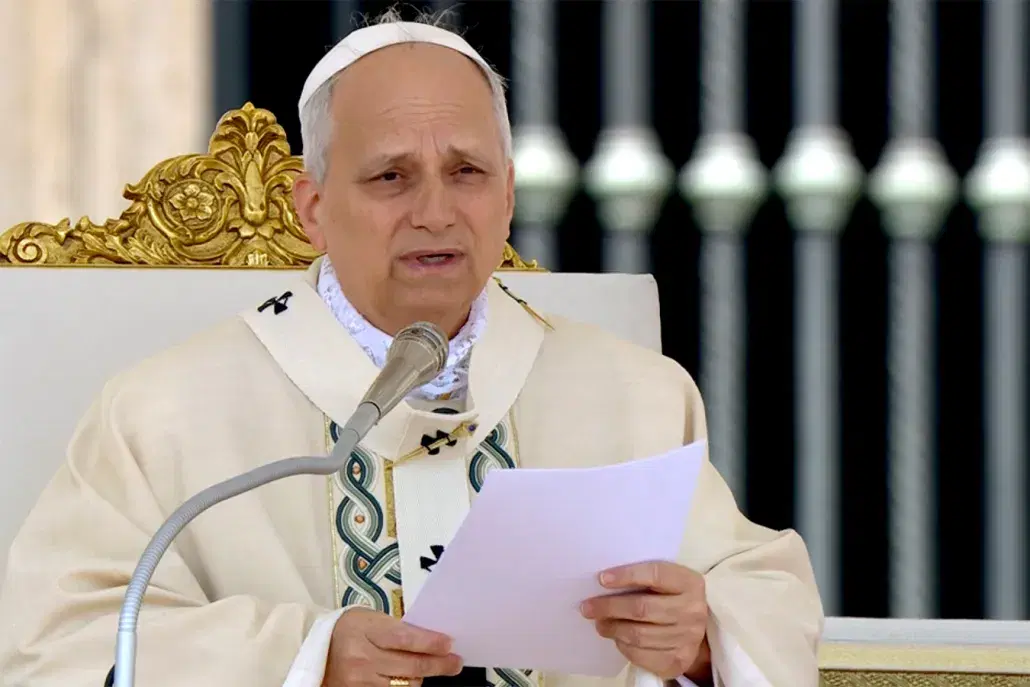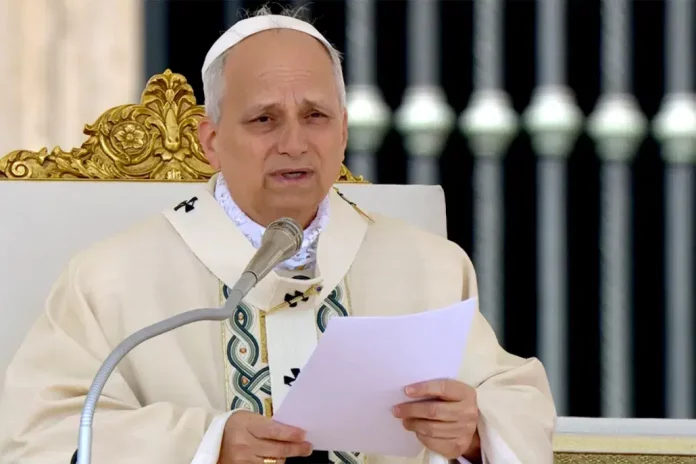
Pope Leo XIV will begin his first overseas trip this Thursday, traveling for six days to Turkey and Lebanon. The purpose of the journey is to actively promote Christian unity and advocate for peace efforts amidst persistent high tensions across the Middle East.
Elected as head of the Catholic Church in May, the US-born Pope’s journey marks his initial major international test. His characteristically understated style presents a contrast to his predecessor, the charismatic Francis.
The pontiff’s visit to Turkey, a significant crossroad between East and West, is centrally aimed at fostering the Church’s dialogue with Islam. He is scheduled to meet with President Recep Tayyip Erdogan in Ankara on Thursday and will later visit the Blue Mosque in Istanbul on Saturday.
At the heart of the Turkey segment is the celebration of the 1,700th anniversary of the Council of Nicaea, where the Creed, a foundational declaration of the Christian faith, was established.
This 325 A.D. meeting took place before the great schisms that divided Christianity, making the commemoration an important moment to advocate for Christian unity. Pope Leo was invited by Patriarch Bartholomew I, the spiritual head of Orthodox Christianity. On the shores of Lake Iznik (modern Nicaea), the Pope will join dignitaries from various Orthodox churches for a unifying prayer on Friday.
It is important to note the difference between the two faiths: Catholics recognize the universal authority of the Pope as the head of the Church, while Orthodox Christians are organized into separate churches that appoint their own heads.
However, the war in Ukraine has deepened the rift between the patriarchates of Moscow and Constantinople, leading to a notable absence at the gathering: Russian Patriarch Kirill was not invited. The Pope is expected to proceed cautiously to avoid further irritating Moscow, which fears the Vatican might elevate Constantinople’s role and diminish its own influence.
While the Chicago-born pontiff’s visit has generated relatively little attention in predominantly Muslim Turkey, it is eagerly anticipated in Lebanon, a country historically recognized as a model of religious coexistence.
Since 2019, Lebanon has been devastated by relentless crises, including a profound economic collapse leading to widespread poverty, the catastrophic Beirut port blast in 2020, and the recent conflict with Israel. Vincent Gelot, a director for l’Oeuvre d’Orient, stated that the Lebanese are “tired” and “expect a frank word to the Lebanese elite, as well as strong and concrete actions.”
Lebanon’s ambassador to the Holy See called it an “exceptional” visit, hoping it will “highlight the difficulties facing Lebanon” and pave the way for a “political and economic breakthrough.”
Though many Lebanese recognize the visit will not solve all their problems, it presents an opportunity to spotlight the crucial role of private, often religious, organizations in sustaining access to healthcare and education.
Key events in Lebanon include: a meeting with the country’s youth; an open-air mass anticipated to draw 100,000 people; and a prayer at the site of the port explosion.
The church’s media coordinator confirmed the Pope also intends to “reaffirm Lebanon’s role as… a model for both East and West” through an interreligious meeting in downtown Beirut.



